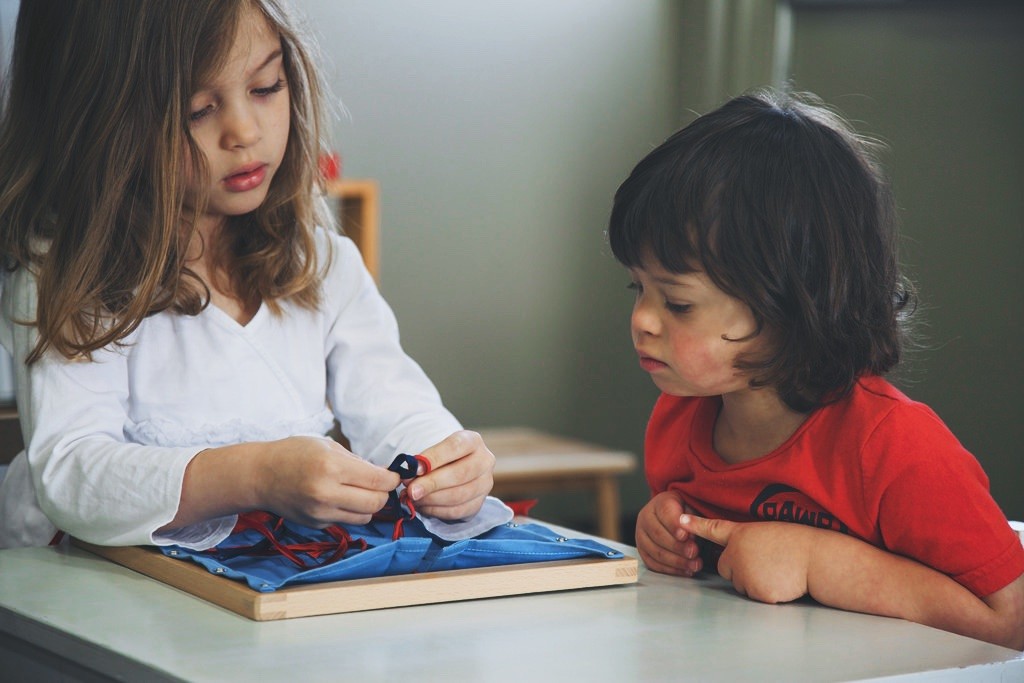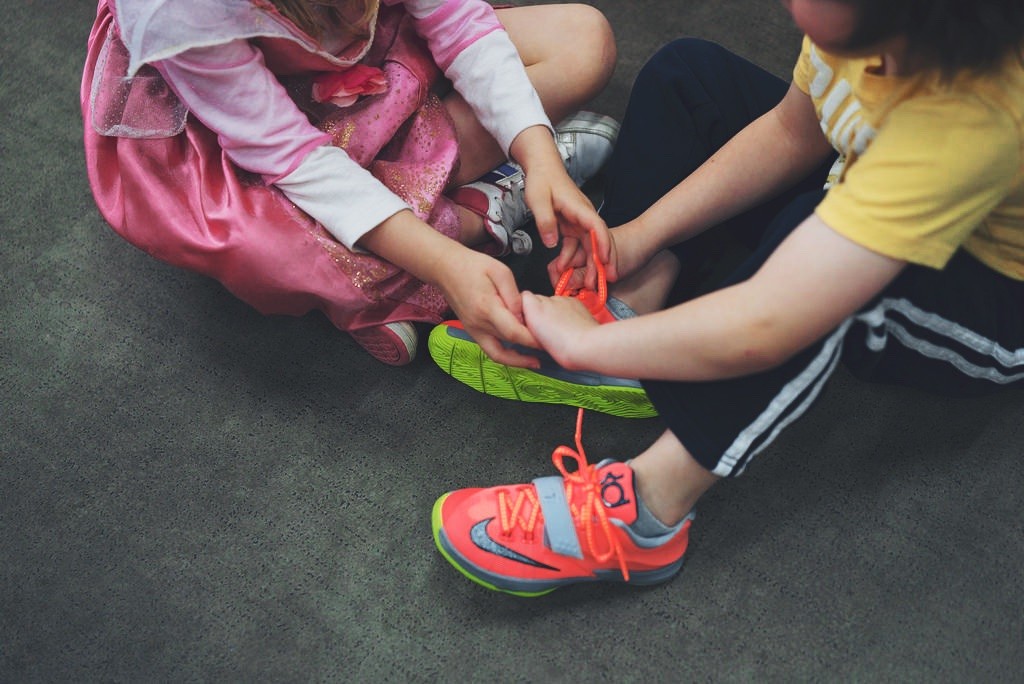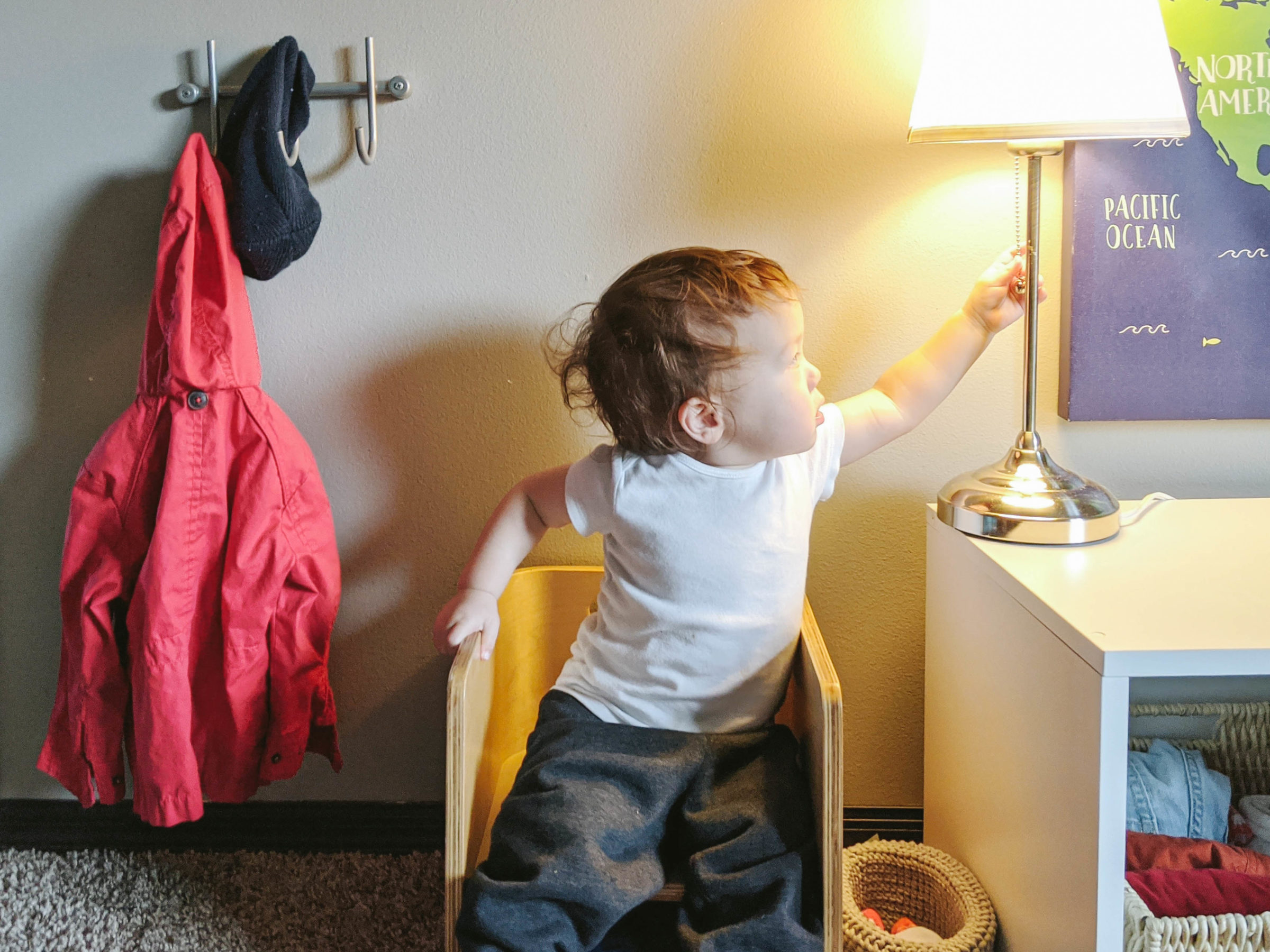MLK in Montessori
Thoughts & Reflections
Montessori classrooms teach so much more than reading.
The Montessori Primary classroom is specifically designed to meet the developmental needs of children age two and a half through six. Much of the learning that is happening in these early formative years is work in parallel, with each child working one-on-one with a material which meets their developmental needs in this moment. The young child is a planet, spinning on his own axis moving in relation to others but not dependent on them.
Though Montessori is fundamentally individualized education, there is a strong emphasis on the group, on the whole. No child can act in such a way that they threaten the well-being of another or of the group. Even the youngest child, still developing self-control, will not be able to cause harm to another, the group simply will not allow it.
Children are given skills for self-discipline, learning to control impulses, to act in accordance with the needs of others. There are logical rules in the classroom which aid in the peaceful atmosphere one can perceive in a Montessori classroom: if a material is on the shelf and a child has been given a presentation, that material is available to the child. No one will make a child put away a material the child is using appropriately simply because “you need to share,” or because “you’ve had it long enough and it’s someone else’s turn now.” If a child doesn’t feel threatened, there isn’t a desire to impose his will upon another.
Children in a Montessori classroom feel valuable, no matter how old or how young. Older children have great power, since they have been in the classroom the longest, but they also feel an incredible sense of ownership to the group. There is no sense of authority or bullying, but a great sense of responsibility, compassion, and integrity. It is so heartwarming to see children offering to help one another — a three-year-old waiting by their Dish Washing work for another friend’s plate, a toddler cleaning up a spill they didn’t make, a five-year-old volunteering to tie every shoe after nap time.

These instances are a daily occurrence in a Montessori classroom, and are present because of the extraordinary empathy grown there. On the rare occasion someone’s feelings or body are hurt, an adult, or often an older child, will sit with the children involved, asking questions of them: what happened? How does that make you feel? How would you feel if this happened to you? The child sees himself in the Other, and once you see yourself in them, how could you ever intentionally cause them harm? Even the youngest child comforts another in tears or in pain. Apologies are not demanded by an authority, and for that reason carry so much more weight and meaning.
What an homage to the The Rev. Dr. King. A place where each is valued, where each cares if another is hurt, where the needs of the group are limits an individual places on himself and helps to foster in another. As Maria Montessori said, and as Montessori Guides are working toward daily, “Establishing lasting peace is the work of education, all politics can do is keep us out of war.” Or, as The Rev. Dr. King said, “Intelligence plus character — that is the true goal of education.”
“Intelligence plus character — that is the true goal of education”
Written by:
Charlotte Snyder






